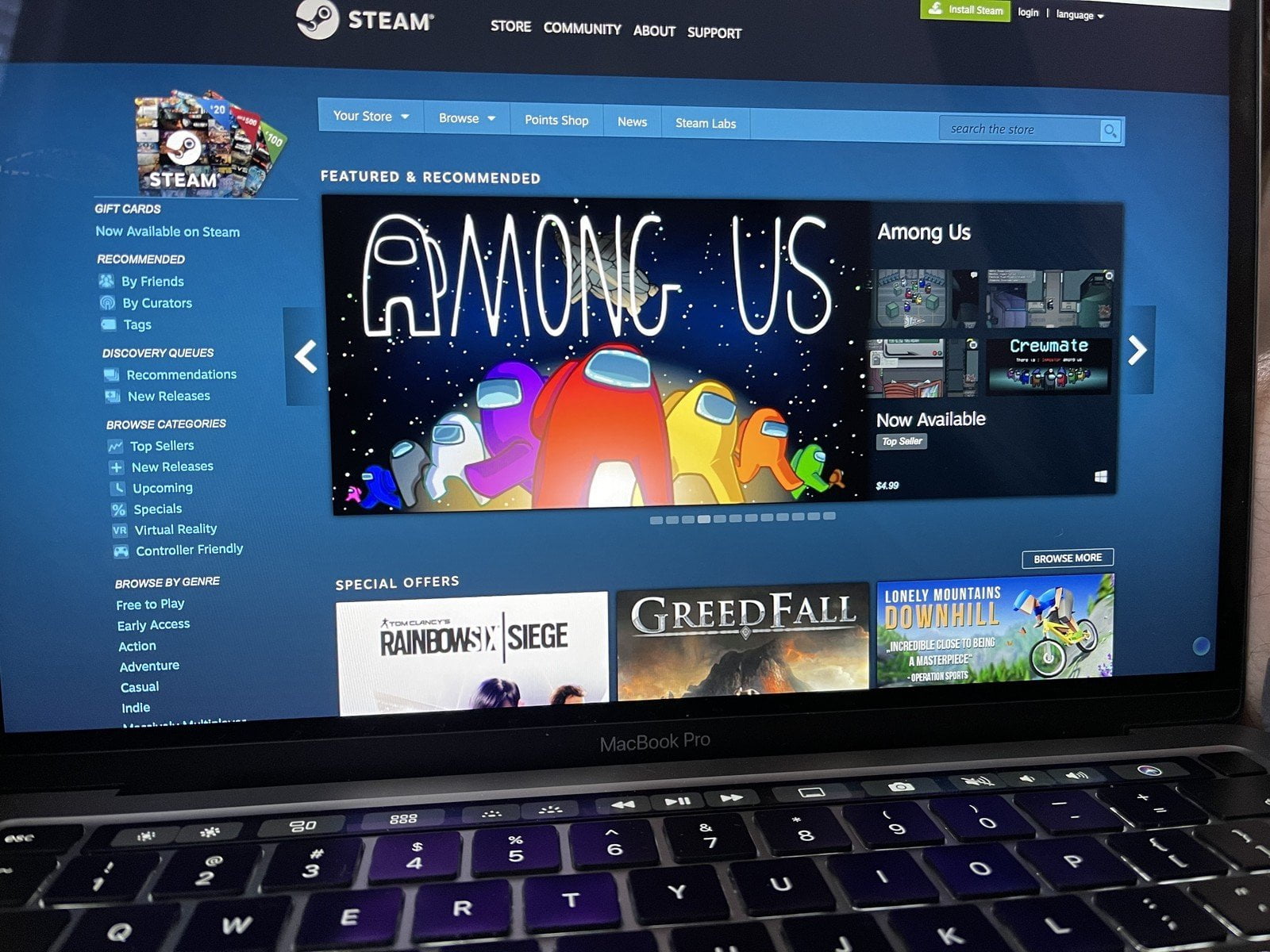

If this is the case, you'll need to head to the dreaded terminal and fire up the NVIDIA software as root (or admin) by running "sudo nvidia-settings". Still, while the drivers themselves are pretty good, the configuration panel for saving G-Sync, resolutions, panel settings, and other options is a little clunky in that your settings may not save for the next system cycle. NVIDIA proprietary drivers are already installed by Ubuntu through the OS installation after detecting the GTX 1070. Ubuntu is as easy as Windows at setting up and running top apps from the included app store. deb installation file that acts very much like an. Software not listed on this app store can still be installed manually - many using a. To make getting apps installed easier for those who don't enjoy using the terminal, GNOME (the UI suite Ubuntu uses) has a handy app store that has some hits including Slack, Steam, Discord, Chrome, Firefox, Thunderbird, GIMP, Spotify, Handbrake, among many more. After installing the OS, I booted into a smart-looking desktop with everything aside from the Logitech C920 webcam working. This isn't a perfect experience, since you're using a USB drive, but it can provide a hint as to just how smooth (or not so) your Linux computing will be on that hardware configuration. You can boot and even use the OS from nothing more than a flash drive, allowing you to get a taste of what Linux can offer. It's not the most capable machine we could put together, but it's one I feel should lead to some interesting results with more mature driver support from NVIDIA.

You could build your own gaming PC for less than $800.

To put Linux to the test in comparison to Windows 10, I'm going to be installing Ubuntu on a speedy Seagate FireCuda M.2 NVMe SSD, which is sat on an X470 ASUS motherboard with a 12-core AMD Ryzen 9 3900X CPU, 32GB of RAM, and a GTX 1070 GPU for good measure. It's also the OS I'm using to test and type up this piece. It has an incredibly active support community that's more than happy to lend a hand to get you settled in. If you're looking for a single distribution (or 'distro') to try out for the first time, give Ubuntu a go. Ubuntu is a distribution of Linux and remains to this day as the most popular destination for not only Linux veterans, but also newcomers to the platform. Still, once you've played around with the OS - and bricked numerous installs - you overcome those initial fears of not knowing what's going on, and it becomes just as (if not more) user-friendly than other desktop-class operating systems. It required me to grow accustomed to the differences quickly. I recall the first time I was exposed to the OS on a server farm.


 0 kommentar(er)
0 kommentar(er)
